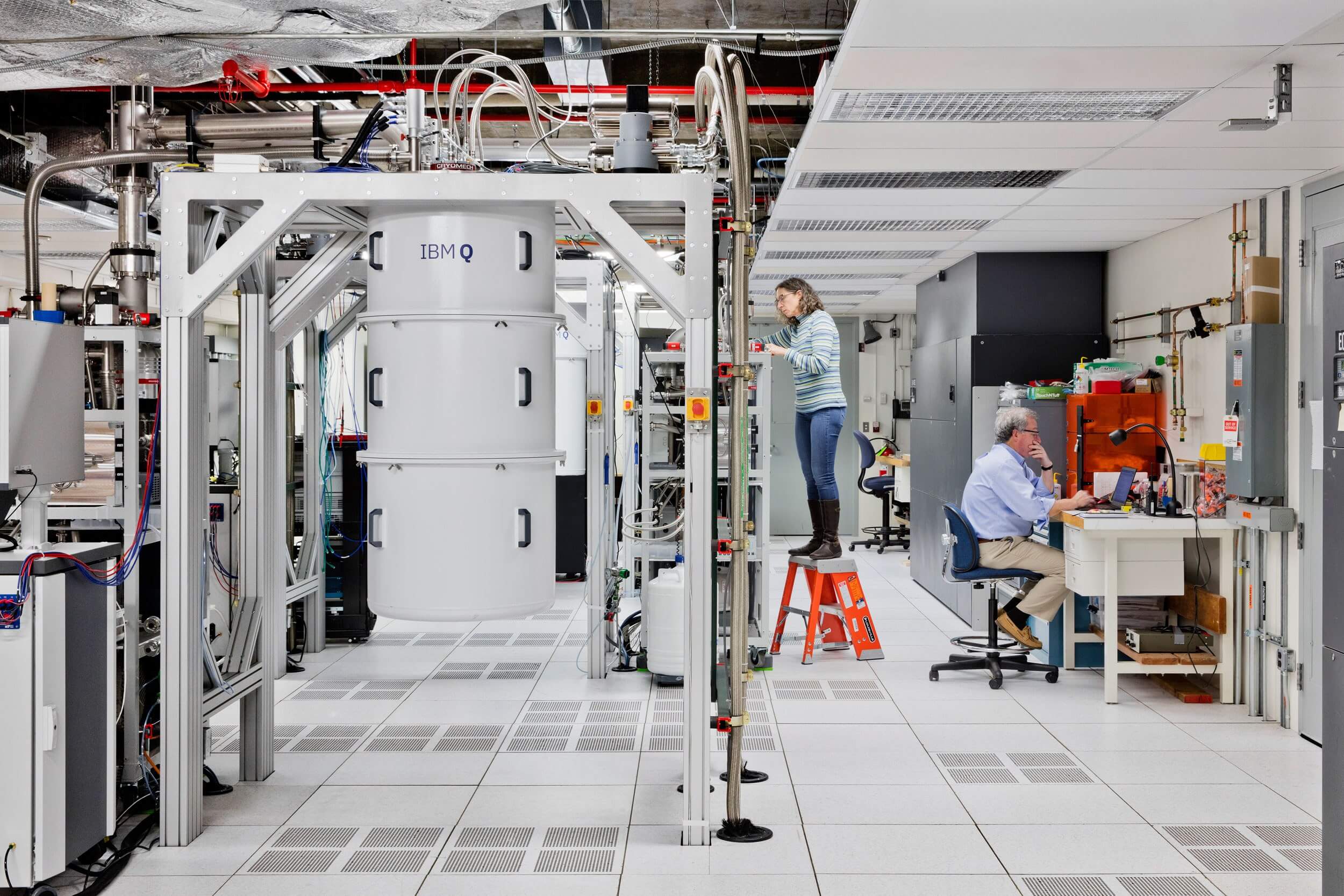Forward-looking: On Wednesday during the opening keynote at the IBM Think Summit in Taipei, Global Vice President and Director of IBM Research in Tokyo Norishige Morimoto stated that the company was poised to commercialize quantum computers within the next three to five years.
IBM has been researching quantum computing since 1996. In 2016, it unveiled its first 5-qubit quantum computer. In 2017, the company said it would have a 50-qubit system constructed within a few years. DigiTimes notes, at this year's CES it showcased the IBM Q System One --- the world's first 20-qubit quantum computer.
Morimoto claimed the company would be launching even higher qubit systems very soon. This promise seems in line with IBM's goal of doubling quantum computing speeds every year. Holding that goal would mean having a 40-qubit device by 2020.
Technically, IBM's 20-qubit machine was touted as a commercial system, so we can take Morimoto's comment on commercialization in three to five years to mean the point its devices hit "quantum supremacy." According to most quantum computing researchers, for systems to gain quantum supremacy over binary computers, they will need at least 50 qubits. So by next year, IBM will be close to that threshold.
IBM is not the only firm working towards quantum supremacy. Microsoft, NEC, Fujitsu, and Alibaba all have skin in the game. According to PCGamesN, Google is particularly aggressive in the field, saying it will have a commercially viable quantum solution within the next three years.
Of course, we are still a very long way off from quantum computing on a personal level. Current systems are not unlike the mainframes of old in terms of accessibility. They are large, must be installed in an isolated area, and operate at -273 degrees Celsius to avoid noise jamming. Morimoto says that for practical use, quantum systems need to be paired with supercomputers.
Until researchers can overcome the hurdles of stabilization and miniaturization, quantum computing will remain in labs, universities, and enterprise environments.
